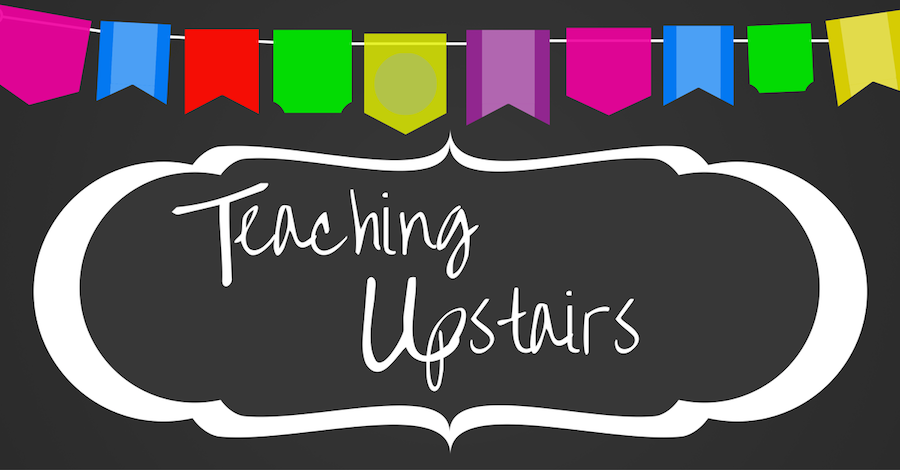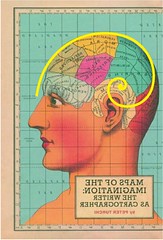
Can you believe it...A Year of Units for The Writers Workshop!!! This bundle consists of 6 whole units. Each Unit is made for Upper Elementary 3-5. Each of the units have 12 - 18 Lessons, each with a Connection, Teaching Point, Active Engagement, Link, and Sharing. It also includes Common Core Standards that are addressed, print outs for writers notebooks, anchor charts, poem examples, rubrics, and much more...see detailed list below! The units that are included are as follows:
Unit 1: Launching the Writing Workshop
Unit 2: Raising the Quality of Narrative Writing
 Unit 3: Big Dreams, Tall Ambitions Fiction Writing
Unit 3: Big Dreams, Tall Ambitions Fiction WritingUnit 4: Breathing Life into Essay Writing
Unit 5: Literary Essays Writing About Reading
Unit 6: Poetry
These products have been adapted from Units of Study for Teaching Writing Grades 3-5 by Lucy Calkins.
Example of a Detailed List of Materials and Resources Found In The Poetry Unit:
- Preparing for the Unit Description
- Materials Needed for Unit: You will find a list of materials that are specific to this unit. These materials should be prepared before beginning the unit.
- Terms Found In This Unit: These are specific phrases and terms that you will use or are used by Teaching Upstairs that communicate events, moments, or teaching techniques.
- Writing Workshop Components and Assessments: This is a list that was developed by me for my own school. We use this to determine assessment schedules, grades, and report card items. These are not required in the Lucy Calkins program, but we have found helpful in our years of teaching workshop.
- Writing Workshop Student Behavior Rubric: This rubric is used to assess student behavior both individually and as a partner. Please see the description on the Components and Assessments Handout for more detailed information.
- Common Core Standards That Are Addressed In This Unit: A list of the common core standards that are addressed in this unit.
- On Demand Assessment Pre Unit, On Demand Assessment Post Unit: This script will give you the information that you need to conduct a pre and post assessment for this specific unit. The pre assessment should be done before beginning any of the lessons. The post assessment should be completed after the students publish their writing.
- On Demand Assessment Rubric: Use this rubric for both the Pre and Post On Demand Assessment.
- Workshop Self Evaluation: Used by student. Please see the description on the Components and Assessments Handout for more detailed information.
- Tips for Conferring with Writers: Tips on teaching each the student one writing strategy or technique he/she can use in a current piece of writing and continue to use in future writing.
- Conferring Examples and Worksheets: Examples of methods that I have found helpful, as well as, an example and blank worksheet that you can record your conferring on.
- Student Notebook Labels: These labels are completely optional. I found myself somedays having students copy down the teaching point and anchor chart in their Writer’s Notebook and then there were other days that I handed these out for them to glue or tape into their Notebook. These are just there for convince if you choose to use them.
- Example for Parent Handbook: If you need an explanation for your parent handbook at the beginning of the year you may find this helpful.
- Teacher Self Assessment: An assessment to judge how your workshop is going so far.
- Student Poetry Packet: This is a packet for students to use mentor poems from to cut and place into their writers notebooks for inspiration.
- Poetry Form Posters: 10 posters are in another folder that you are able to print and use in a lesson.
- Mentor Text List
- Anchor Charts for Each Lesson
- 12 Lessons over the Course of 5 Weeks
- Suggested Poetry Websites
- Final Copy Rubric
- Revision and Editing Checklist
- Partner Editing Checklist
- Editing Checklist
- Publishing Checklist
- Celebration Ideas
Grab this unit bundle today!!! Follow this link!
View other products in my store by clicking the TPT button!




















